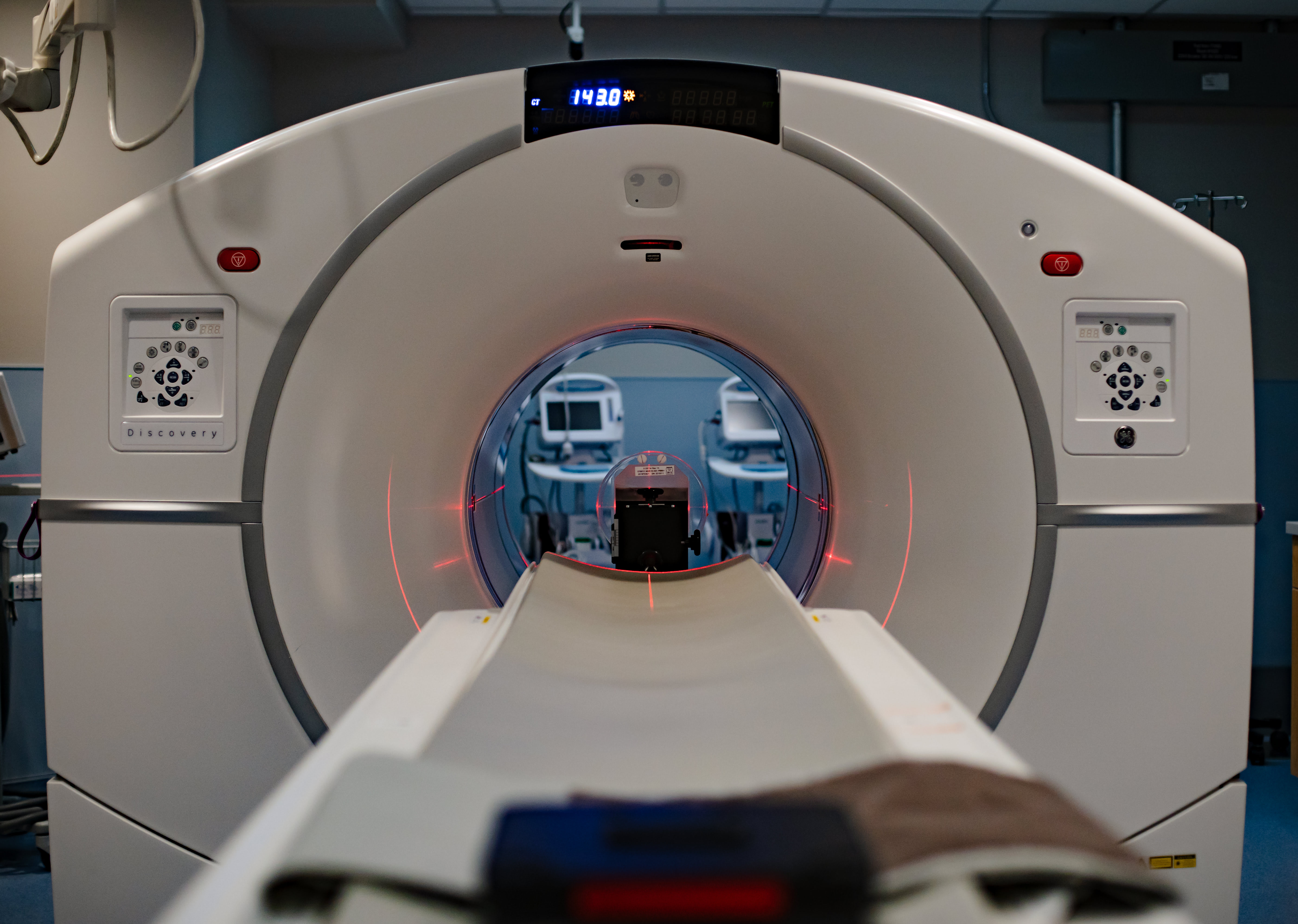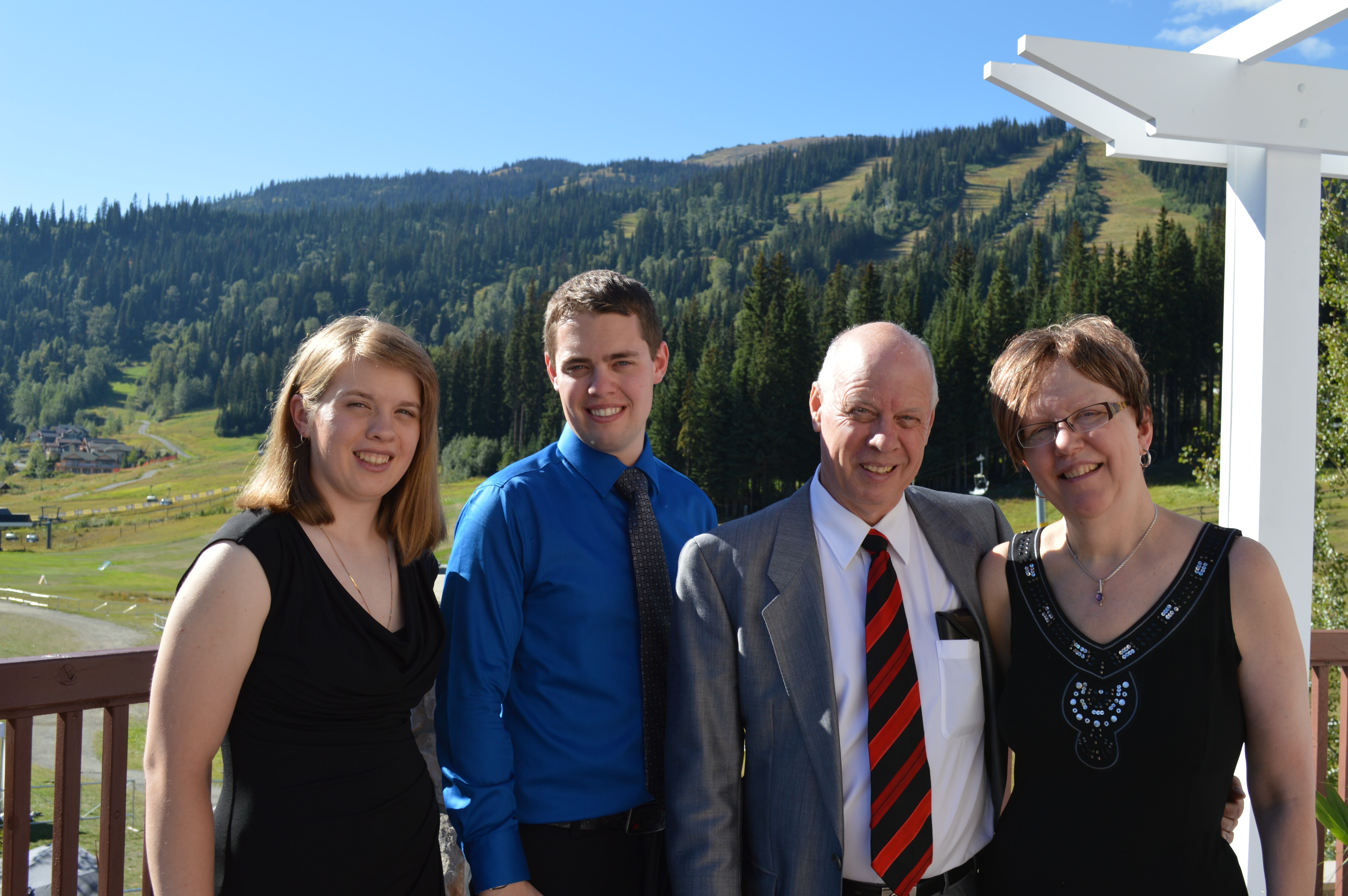Philanthropy and Research: Bringing Results to Patients
October 23, 2013
The BC Cancer Foundation’s sole mission is to support the BC Cancer Agency’s mandate to provide research and care to the population of British Columbia. Research, by definition, means taking risks in doing things differently, and seeing if new directions improve upon established approaches or not. This risk-taking is important to make progress.
Through the years, countless number of patients and philanthropists have supported BC Cancer Agency researchers’ calculated risk-taking. Many discoveries have resulted in new drugs being developed, and new treatment methods being devised to improve results for specific groups of patients. Similarly, research is needed to make use of new information and provide better services to cancer patients.
BC Cancer Foundation donors have provided funding to support our Breast Research to Evaluate Access and Services (BREAST) team. This philanthropic support makes it possible to have nurse coordinators available at the BC Cancer Agency Fraser Valley and Abbotsford Centres.
Using the participatory research approach, nurse coordinators provide support services to breast cancer patients and are themselves active researchers, testing new approaches for providing this service. Data from our patients have shown the benefit of nurse coordinators in providing extra support to those who needed assistance in coping with the diagnosis and in navigating our complex treatment system. We have shown the importance of working with and adjusting to the varying services available in the community in order to provide a consistent and efficient transition of care from the community to the BC Cancer Agency.
The BREAST team has also embarked on research to improve the transition of care from the BC Cancer Agency back to the community. Continuous funding support of our team will help in a very practical way to improve services to breast cancer patients. Information generated can be applied to patients with other types of cancer, and at other cancer centres.
Thanks for reading,
Frances


